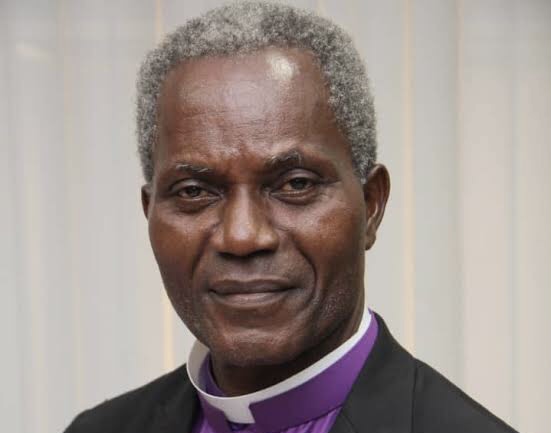The phenomenon of political defection in Nigeria, where elected officials switch party allegiance while retaining their positions, has sparked a call for constitutional reform. Pastor Barnabas Otoibhi, a socio-political activist and religious leader, has voiced his concerns about the detrimental impact of this practice on the nation’s political landscape. In a memorandum addressed to the House of Representatives Constitution Review Committee, Otoibhi argues that defection, particularly when driven by self-interest and lacking ethical considerations, undermines the principles of democracy and erodes public trust. He proposes amendments to existing constitutional provisions to curb this trend and promote political stability.
Otoibhi characterizes defection as a form of political betrayal, highlighting the sense of disillusionment it creates among voters who feel their electoral choices are disregarded. He contends that the current constitutional framework, which allows elected officials to defect without consequence, incentivizes opportunistic behavior and undermines the integrity of the electoral process. This, he argues, contributes to a climate of political instability and diminishes the accountability of elected officials to their constituents and the parties that sponsored them.
The memorandum highlights the cases of several high-profile defections, including former governors David Umahi, Mattawalle, and Ben Ayade, who all switched from the Peoples Democratic Party (PDP) to the All Progressives Congress (APC) while in office. Otoibhi laments the apparent legal loopholes that have allowed such defections to go unchallenged, citing the Court of Appeal’s interpretation of the constitution, which focuses primarily on legislators and leaves room for other elected officials to defect without repercussions. He contends that this interpretation is inadequate and fails to address the broader implications of defection across different levels of government.
Otoibhi asserts that defection while retaining office is akin to “robbery,” depriving both the original sponsoring party and the electorate of their rightful representation. He emphasizes that electoral victory is a shared achievement among the political party, the candidate, and the electorate, and that defection disrupts this delicate balance. He proposes that the act of defection should be explicitly prohibited for a range of elected positions, including the President, governors, legislators, and local government officials. This, he argues, would compel politicians to prioritize the interests of their constituents and parties over personal gain.
The memorandum outlines specific circumstances under which defection might be permissible, such as the dissolution of a political party or a formal merger with another party. However, Otoibhi cautions against using internal party divisions as a justification for defection, arguing that this provision is often exploited for personal gain. He advocates for its removal from the constitution to prevent its abuse. To further deter defections, Otoibhi proposes implementing stringent penalties for violations, emphasizing the need to hold elected officials accountable for their actions.
Otoibhi’s proposed amendments seek to redefine the relationship between elected officials, political parties, and the electorate. By establishing stricter regulations and penalties for defection, he aims to create a political environment where loyalty, accountability, and ethical conduct are prioritized. He envisions a system where elected officials are obligated to serve the interests of their constituents and parties, rather than pursuing personal ambitions at the expense of democratic principles. His call for reform reflects a growing concern about the destabilizing effects of political defection and the urgent need to strengthen the integrity of Nigeria’s democratic processes.


